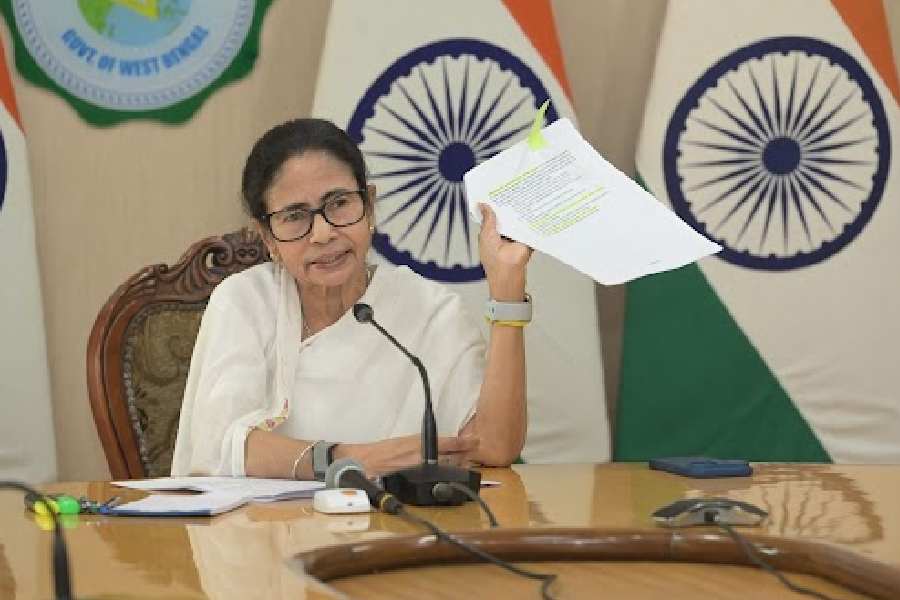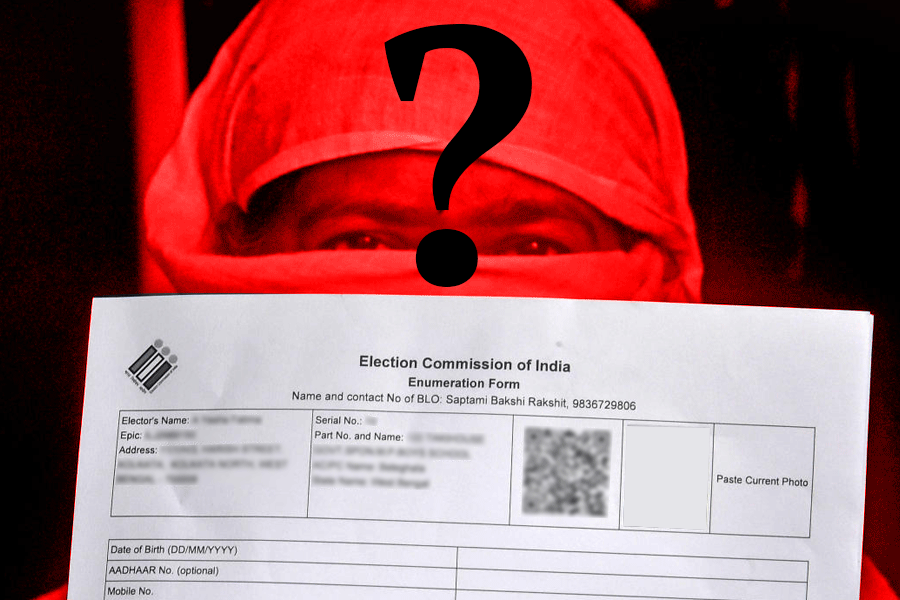The Haryana government’s decision to limit the third-language options in schools will defeat the purpose of shaping students as multilingual citizens as envisaged by the National Education Policy, according to linguists and activists who have questioned the Centre’s silence on the move.
The Haryana government on February 20 issued an order on implementing the three-language formula under which students of Classes IX and X must study English and Hindi as mandatory languages and choose a third language from Sanskrit, Punjabi or Urdu. The order applies to both government and private schools affiliated with the Board of School Education, Bhiwani.
A linguist, who did not wish to be identified, said that north Indian states, including Haryana, never implemented the three-language policy as recommended by the NEP 1968, which is being continued with some modifications.
The three-language formula under NEP 1968 recommended the study of a modern Indian language, preferably a southern language, apart from Hindi and English in the Hindi-speaking states, and of Hindi along with the regional language and English in the non-Hindi-speaking states.
“The purpose of the three-language policy is to make learners multilingual citizens for national integration. The purpose will be defeated if some cognate language, which has kinship with the dominant language of the state, is taught as a third language to children. Haryana has not followed the spirit of the policy,” the linguist said.
Most schools in Haryana teach Sanskrit as the third language.
The linguist said Sanskrit had no communicative value for common people. “It does not make people multilingual for any practical purpose. Urdu and Hindi are the same language except for the script. Punjabi, Urdu and Hindi are daughter languages of Sanskrit,” he added.
Karthick Narayanan, a linguist with research interest in minor Indian languages, said the NEP 2020 had left it to the states to interpret the three-language formula the way they liked.
“The three languages learned by children will be the choices of states, regions and of course the students themselves, so long as at least two of the three languages are native to India,” the NEP 2020 states.
“Wherever possible, the medium of instruction until at least Grade 5, but preferably till Grade 8 and beyond, will be the home language/mother tongue/local language/regional language,” it said.
Narayanan said it laid emphasis on teaching in the mother tongue but widened the scope for the interpretation of a mother tongue, leading to ambiguity.
“Mother tongue is the language a child learns from the mother or at home. But the NEP has allowed local language and the regional language too as the teaching medium. Because of this flexibility, states are imposing the regional language on students, which may be different from the mother tongue of the child,” Narayana said.
“The NEP appears to bring children at the centre of learning by stressing education in the mother tongue. But in reality, it is imposing some language according to the state’s convenience,” he said.
Rohtas Bhankhar, who passed Class X from a government school in Sonipat in 1981, said he learned only Hindi and English in Class IX and X and Sanskrit in Class VI to VIII.
“The three-language formula was never followed in the state. They only taught English and Hindi. If they are allowing Punjabi, Urdu or Sanskrit as the third language, students will only choose Sanskrit,” Bhankhar said.
Ashok Agrawal, a member of the Delhi University court, said the state should have kept all Indian languages as third-language options.
Separate emails were sent to Sanjay Kumar, sectreray in the Union school education ministry, and Pankaj Agarwal, principal secretary in the school education department of Haryana, to get their perspectives on the issue. Their response is awaited.










